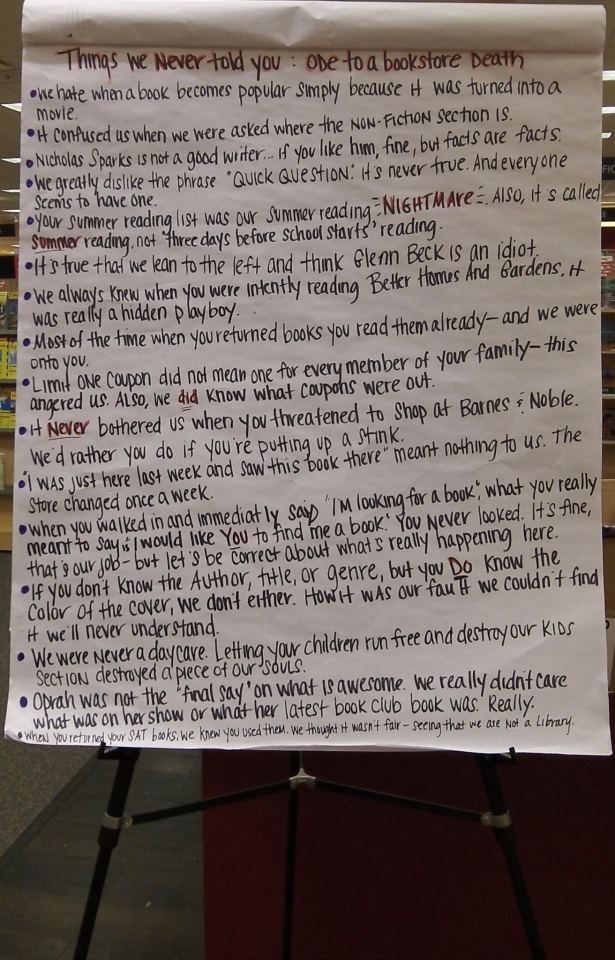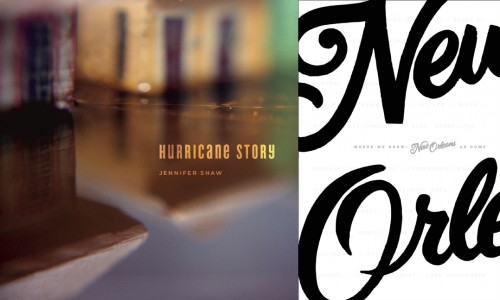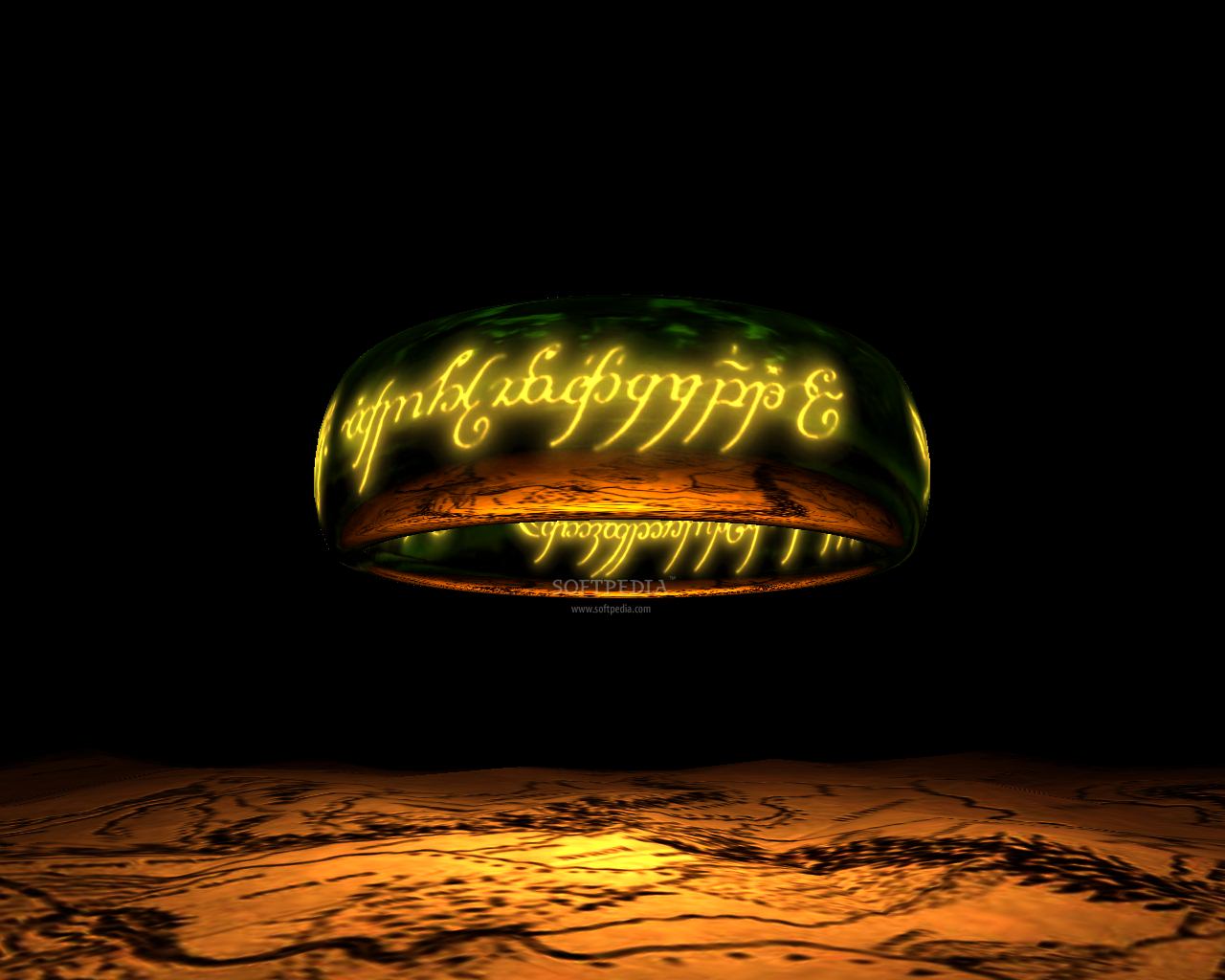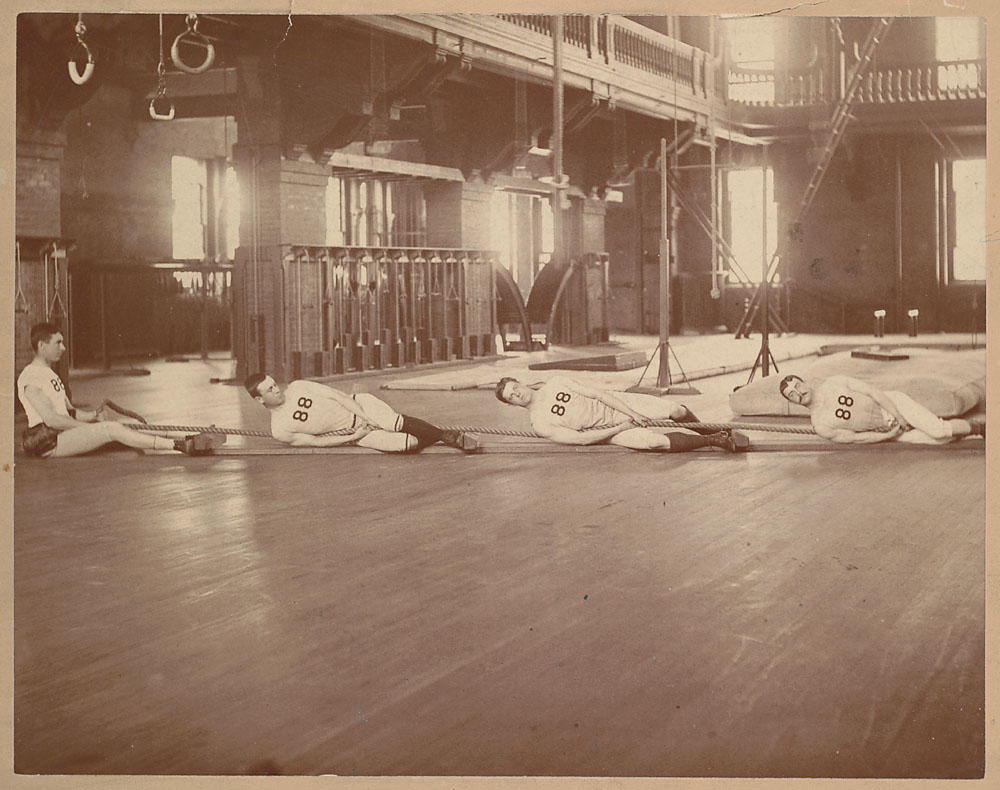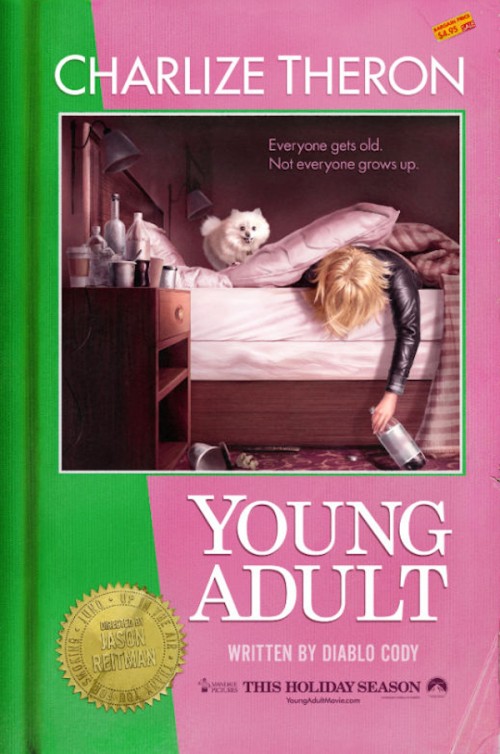
When you write a book with the title It’s A Man’s World, with the tagline “but it takes a woman to run it,” you have to have some sense that your book is going to be marketed in a certain way. I haven’t read the book in question, but the title certainly gives an impression. Maybe it’s just me but when I see that title, I think “chick lit.” I also enjoy “chick lit,” so that label is not a bad thing. That book’s author, Polly Courtney, recently had a very public reaction to how her book was being marketed as “chick-lit,” announcing she was leaving her publisher, Harper Collins, so her writing wouldn’t be pigeonholed. As writers, we often have to worry about whether or not our work will be pigeonholed based on some aspect of our identity. No one wants their creativity limited or misrepresented; pushing back against rigid, often unfair categories is a natural response for a creative person.
In her explanation for why she was leaving her publisher, Courtney distinguishes between women’s fiction, which she writes, and “chick lit,” which she very much does not. I gather that women’s fiction is serious while “chick lit” is not. She writes, “Don’t get me wrong; chick-lit is a worthy sub-genre and there is absolutely a place for it on the shelves. Some publishers, mine included, are very successful at marketing this genre to women. The problem comes when non-chick lit content is shoe-horned into a frilly “chick-lit” package. Everyone is then disappointed: the author, for seeing his or her work portrayed as such; the readers, for finding there is too much substance in the plot; and the passers-by, who might actually have enjoyed the contents but dismissed the book on the grounds of its frivolous cover.”
Depending on the content of the book in question, Courtney is correct in noting that disappointment is possible for everyone involved in the consumption of a book. At the same time, isn’t a cover is just a cover? Eventually, the writing speaks for itself and either readers will like the work or they won’t. Readers are fairly sophisticated these days, aren’t they? I would like to believe readers will, more often than not, have a good sense of what a book is or isn’t about no matter what is emblazoned across the cover. Unfortunately, such does not seem to be the case and certain books are burdened by covers that alienate certain audiences.
READ MORE >


